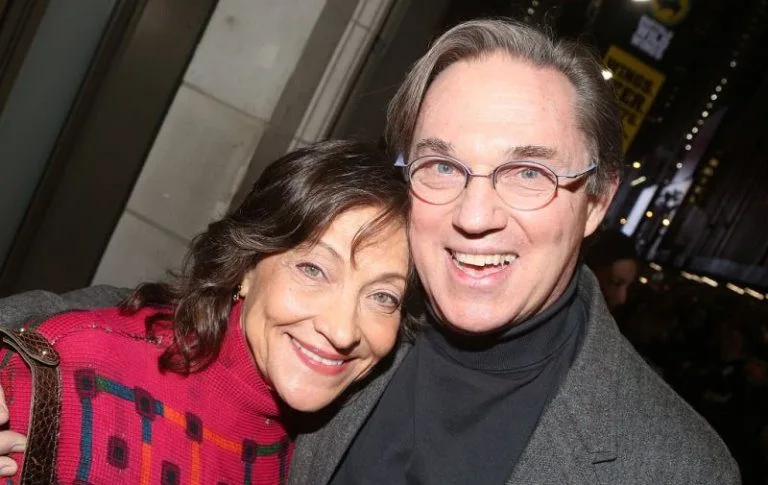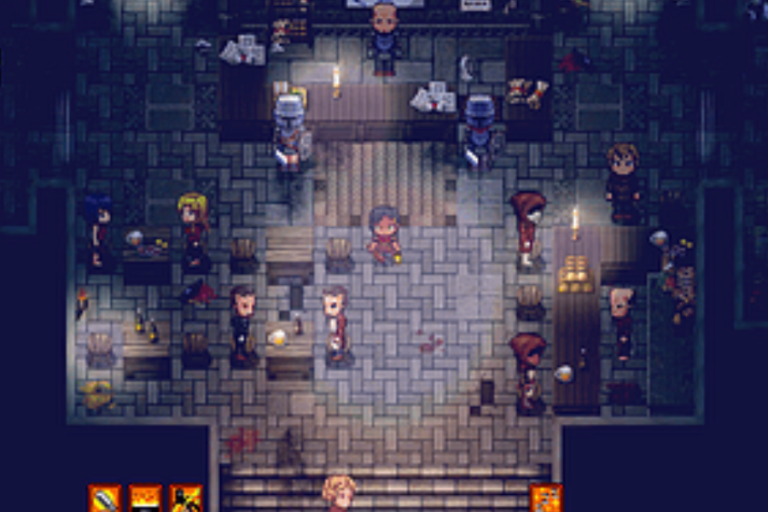Guardians of Morality: Watchmenontheall Calvin’s Profound Reflection on Justice
In a world where the boundaries of morality often appear ambiguous, Watchmenontheall Calvin offers a gripping exploration of justice, ethics, and human nature. This powerful narrative challenges traditional notions of right and wrong, captivating readers with its depth and relevance. Through its intricate storytelling and profound philosophical undertones, it raises questions about the essence of justice and humanity’s role in upholding it.
Origins
At its core, Watchmenontheall Calvin is more than a story—it is a mirror reflecting society’s struggles with morality. Set in a dystopian world, the narrative introduces a group of enigmatic characters who serve as “watchmen” guarding the fragile line between chaos and order. Each character represents a different facet of human morality, from unwavering idealism to pragmatic compromise.
The creator of this compelling work, Calvin, blends elements of realism with a speculative twist, creating a narrative that feels both familiar and disturbingly foreign. His inspiration, drawn from contemporary societal challenges, resonates deeply with readers who see reflections of their world within the story.
Themes
Justice
Justice is the central theme of Watchmenontheall Calvin. The narrative questions what justice truly means in a flawed world. Is it an absolute concept, or does it change based on context? The characters grapple with these questions, forcing readers to confront their own biases.
The story’s protagonists often find themselves in morally gray situations, where decisions are neither entirely right nor wrong. This ambiguity compels readers to examine how justice operates in their own lives and whether societal norms always align with ethical principles.
Morality
Morality, as depicted in Watchmenontheall Calvin, is far from black and white. The narrative dives into the complexities of moral decisions, exploring how personal beliefs, societal pressures, and individual circumstances shape our choices.
One of the most striking aspects of the story is how it portrays the conflict between collective good and individual rights. This dynamic tension challenges readers to reconsider how they define morality in an interconnected world.
Characters
The Watchmen
The watchmen serve as the story’s moral compass—or lack thereof. Each character is crafted with depth, representing different ideologies:
- The Idealist – Driven by unwavering principles, this character believes in absolute justice, regardless of the cost.
- The Realist – Pragmatic and flexible, they prioritize outcomes over ideals, creating a foil for the idealist.
- The Cynic – Disillusioned by the system, they question whether justice can ever be achieved in a corrupt world.
Their interactions provide the framework for the story’s philosophical debates, creating tension and growth within the narrative.
Calvin’s Role
As the creator, Calvin’s voice permeates the text. His nuanced approach to storytelling demonstrates a deep understanding of human psychology and societal structures. Calvin’s ability to weave personal struggles into larger societal questions makes Watchmenontheall Calvin both relatable and thought-provoking.
Plot
Beginning
The story begins with a society teetering on the edge of collapse. A mysterious force has disrupted the natural order, leaving the watchmen as the last line of defense. Each watchman is introduced with a glimpse into their past, offering insight into their motivations.
Conflict
The central conflict arises as the watchmen are forced to confront an impossible choice: uphold the law as it stands or rewrite it to create a better future. This dilemma drives the narrative, presenting readers with a rollercoaster of emotions and ethical challenges.
Resolution
Without spoiling the ending, Watchmenontheall Calvin culminates in a resolution that is as satisfying as it is unsettling. The story doesn’t offer easy answers but instead leaves readers pondering their own definitions of justice and morality.
Impact
On Society
Watchmenontheall Calvin has sparked conversations about the role of justice in modern society. Its exploration of themes such as corruption, individual responsibility, and societal reform strikes a chord with readers from all walks of life.
The narrative also serves as a critique of contemporary systems, urging readers to reflect on how justice is upheld—or undermined—in their communities.
On Readers
The story’s relatability lies in its ability to mirror real-world dilemmas. Readers often find themselves identifying with the characters, feeling their struggles and triumphs. This emotional connection enhances the story’s impact, making it a memorable experience.
Relevance
In a time where global challenges like inequality, political polarization, and systemic injustice dominate headlines, Watchmenontheall Calvin feels particularly timely. Its exploration of moral ambiguity provides valuable insights into navigating a world where the lines between right and wrong are increasingly blurred.
Legacy
Cultural Significance
Watchmenontheall Calvin is not just a story; it’s a cultural phenomenon. Its ability to inspire deep conversations and self-reflection ensures its place as a timeless work of art.
Future Prospects
Given its profound impact, it’s likely that Watchmenontheall Calvin will continue to resonate with audiences for years to come. Its themes are universal, ensuring its relevance in future generations.
Conclusion
Watchmenontheall Calvin is a masterpiece that challenges readers to think deeply about justice, morality, and their role in shaping society. Through its complex characters, intricate plot, and philosophical themes, it offers a narrative experience unlike any other.
In a world where certainty is rare, Watchmenontheall Calvin stands as a testament to the power of storytelling to illuminate the complexities of human existence.






